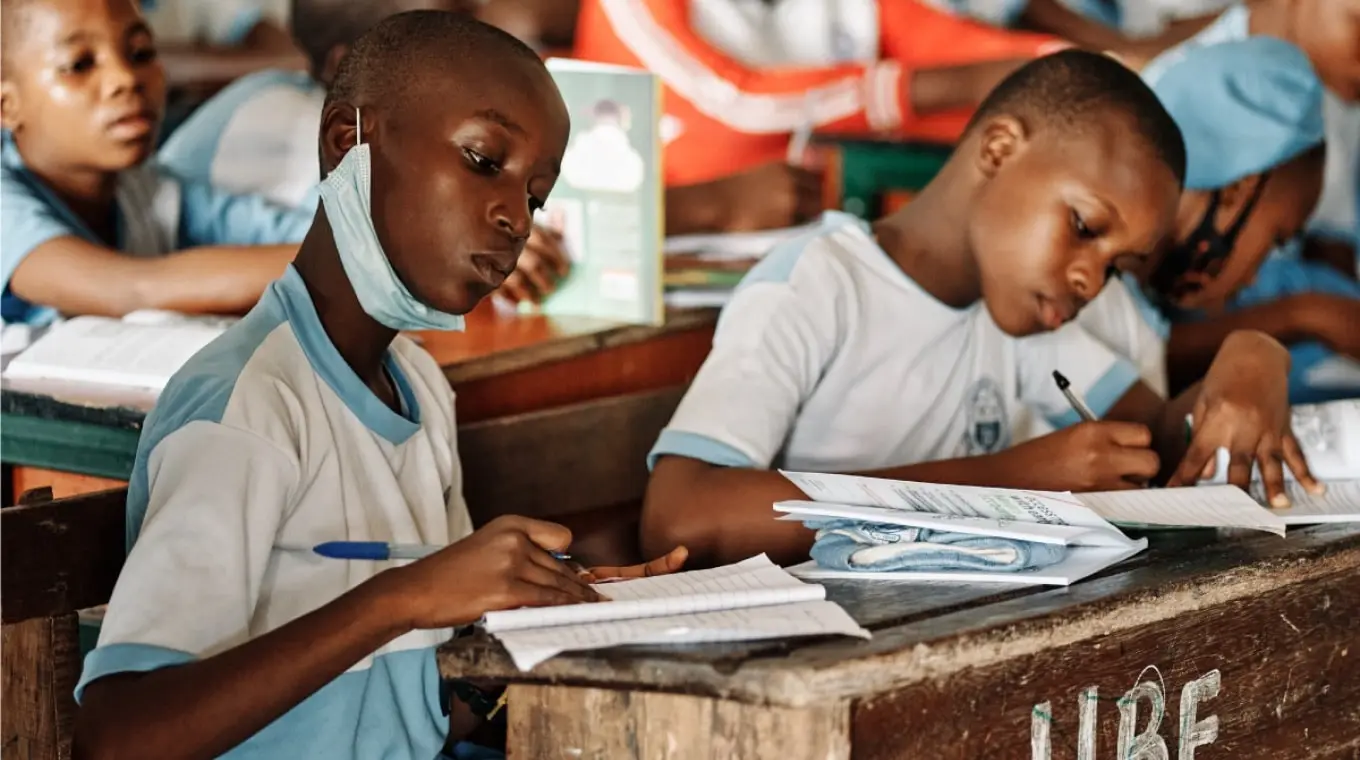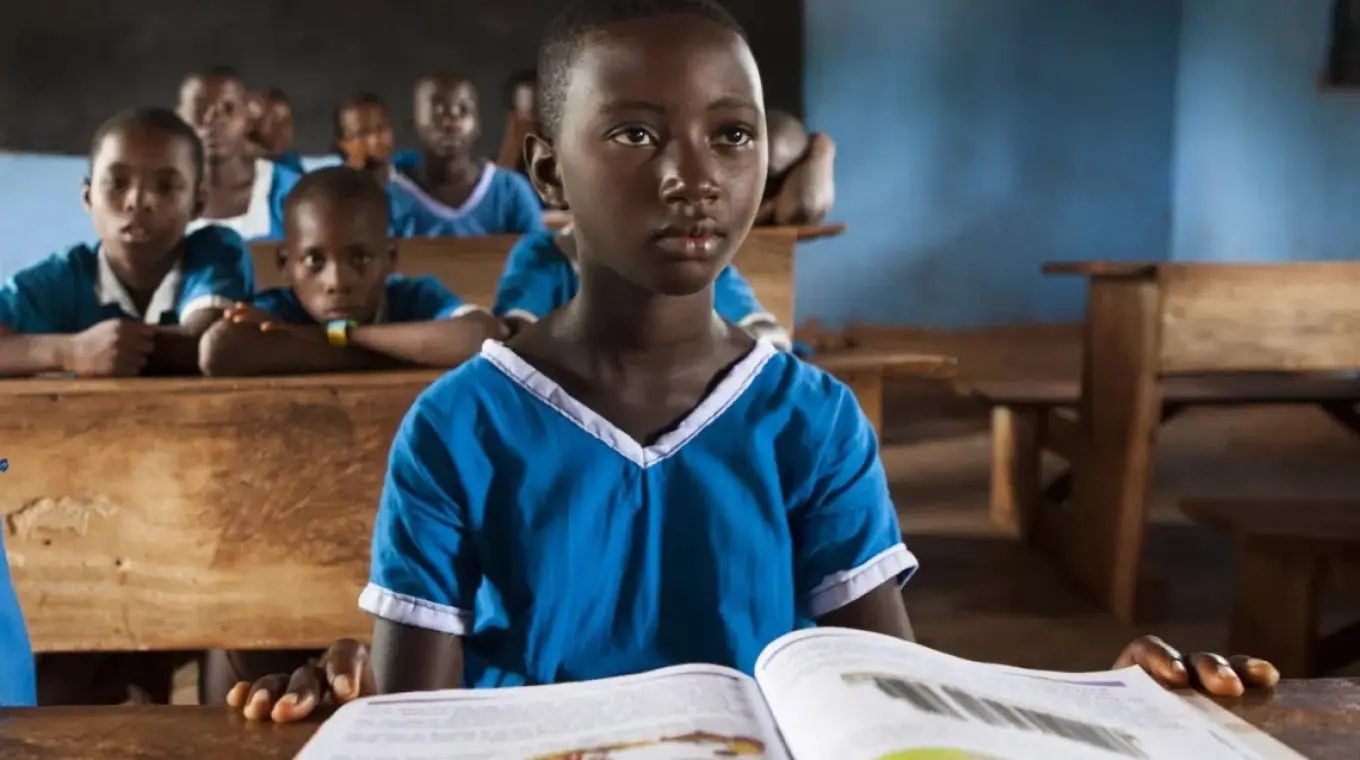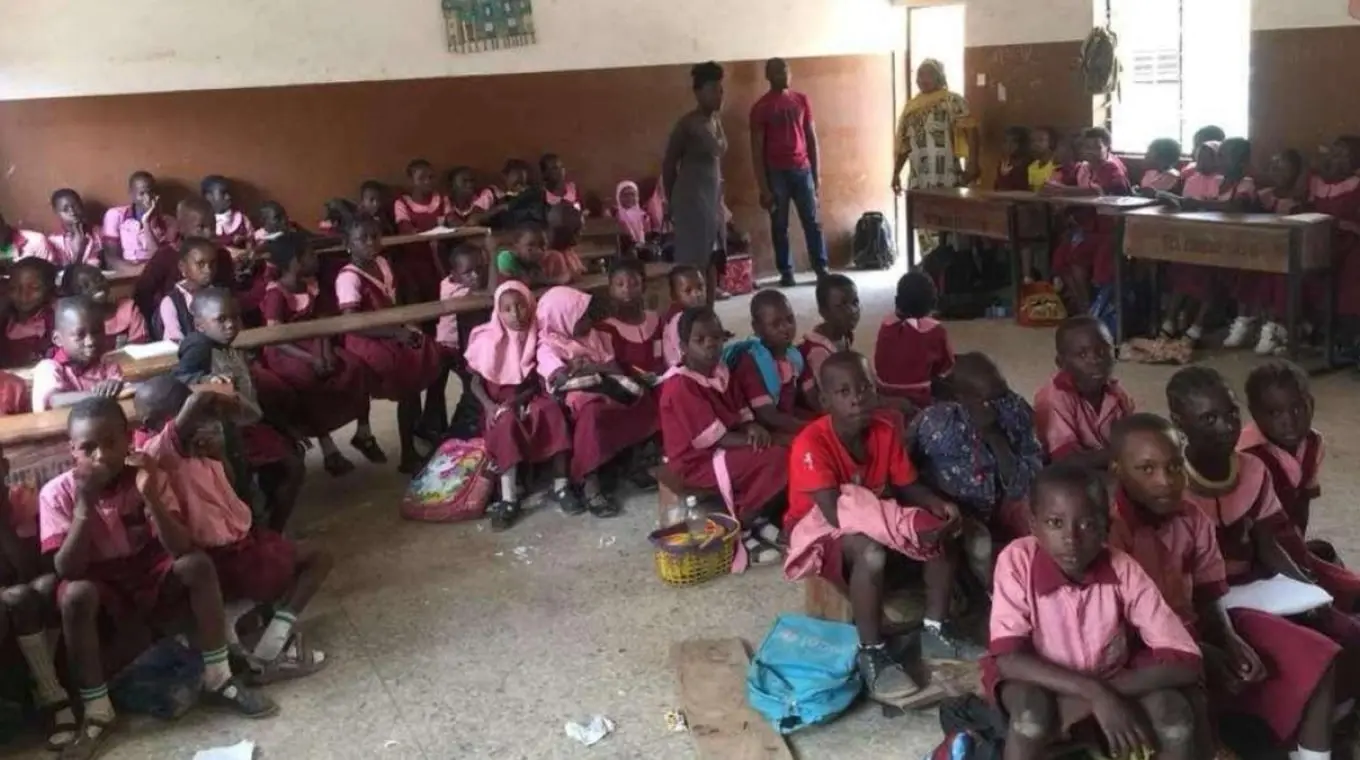Rapid Learning Model (RLM)
To bridge educational gaps in Nigeria, the Rapid Learning Model offers accelerated learning opportunities through speed schools.
The Issue

Many children in rural communities are unable to access quality education. Traditional school systems often do not meet their needs, resulting in high dropout rates and limited educational opportunities.
As of 2024, Nigeria faces a significant challenge with out-of-school children, with approximately 18.5 million children not attending school, according to UNICEF. This figure has risen sharply from previous years, where it was estimated at 10.5 million in 2021 (Voice of America).


The majority of these children come from underserved communities, particularly in the northern regions, which account for about 69% of the out-of-school population (Premium Times Nigeria). Poverty, displacement due to conflicts, lack of educational infrastructure, and cultural barriers act as significant obstacles. These challenges disproportionately affect refugees and children in rural areas, hindering their access to quality education (Blueprint Newspapers Limited).
Our Solution
Given these alarming statistics, the Rapid Learning Model (RLM) initiative is crucial. RLM focuses on providing accelerated education to out-of-school children and refugee migrants through Speed Schools.
How it Works:
With the establishment of Speed Schools, we aim to:
- Provide accelerated learning programs tailored to the needs of out-of-school children and refugee migrants.
- Offer a flexible and comprehensive education within a shorter timeframe, enabling children to catch up with their peers and transition into mainstream education systems.
The Impact:
By empowering these children with essential knowledge and skills, RLM seeks to:
- Enhance their future prospects.
- Integrate them into the formal education system.
The RLM initiative has the potential to significantly improve the lives of out-of-school children and contribute to a more equitable education system in Nigeria.